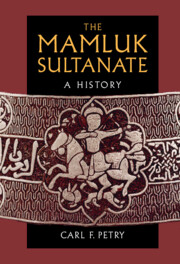Refine search
Actions for selected content:
2 results

The Mamluk Sultanate
- A History
-
- Published online:
- 05 May 2022
- Print publication:
- 26 May 2022
Chapter 18 - Borges’s Shakespeare
- from Part II - The Western Canon, the East, Contexts of Reception
-
-
- Book:
- Jorge Luis Borges in Context
- Published online:
- 16 January 2020
- Print publication:
- 23 January 2020, pp 149-157
-
- Chapter
- Export citation
